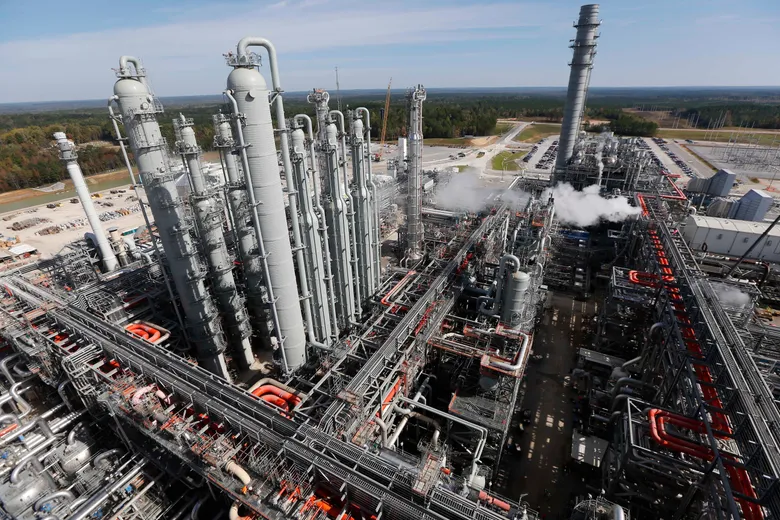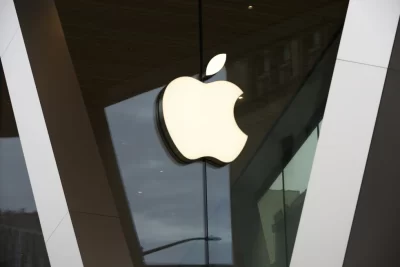
A former employee is suing to force a Mississippi utility to repay $382 million that the federal government gave to build a failed coal-fueled power plant.
Kelli Williams, a former construction manager for Atlanta-based Southern Co., filed a whistleblower lawsuit against the company and its subsidiary Mississippi Power Co. in 2018. That lawsuit, unsealed Monday, alleges that the two firms defrauded the U.S. Department of Energy and state regulators in a failed quest to build a $7.5 billion power plant.
Williams says the company lied repeatedly about the plant’s cost overruns and spiraling delays, enticing the U.S. Department of Energy to keep delivering subsidy payments and persuading the Mississippi Public Service Commission to not revoke its permission for construction.
“If DOE had known that defendants were intentionally deceiving the agency about the state of the Kemper project and were intentionally withholding accurate data about the project’s progress and viability, DOE would have ceased funding and supporting it,” an amended complaint filed Monday alleges.
Schuyler Baehman, a spokesperson for Southern Co., declined to comment. The company has yet to file a reply in court.
The Kemper County power plant was supposed to be a world leader in turning soft coal into a gas and burning it to generate power, while removing climate-warming carbon dioxide and other pollutants.
The cost of the plant ballooned and Mississippi Power could never make it run reliably. The company lost $6.4 billion when the three-member Mississippi Public Service Commission in 2017 ordered it to stop building the gasifier and chemical removal unit and instead operate the plant by burning conventional natural gas.
Bills for Mississippi Power’s 192,000 customers rose 15% in 2015 for the part of the plant that today burns natural gas instead of gasified coal. The rest of the plant has been demolished.
The debacle has been a powerful argument against the idea that coal can be burned cleanly, although some are still pushing the goal.
Whistleblower actions under the False Claims Act are filed under seal with the private plaintiff seeking to recover money on behalf of the federal government.
The plaintiff, called a relator, sends the lawsuit and a statement to federal authorities, who can choose to intervene. Cases can remain sealed for years while the government investigates. In this case, after five years of consideration, the U.S. Justice Department in July decided not to get involved. Now Williams and her lawyers are moving ahead.
It’s not the first time that Southern Co. has faced whistleblower allegations or lawsuits over the plant. Former engineer Brett Wingo told the U.S. Securities and Exchange Commission in 2014 that the company defrauded investors by misrepresenting the construction schedule. That inquiry ended with no enforcement action in 2017, but by then state regulators had concluded Mississippi Power’s claims of progress weren’t credible.






